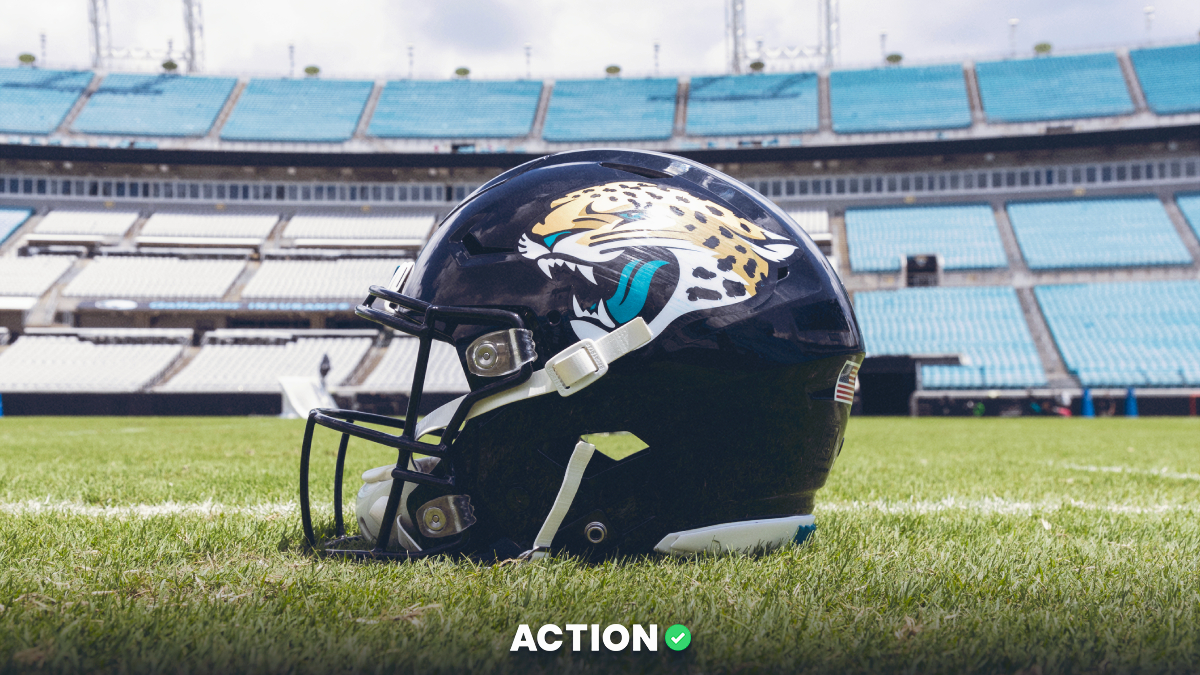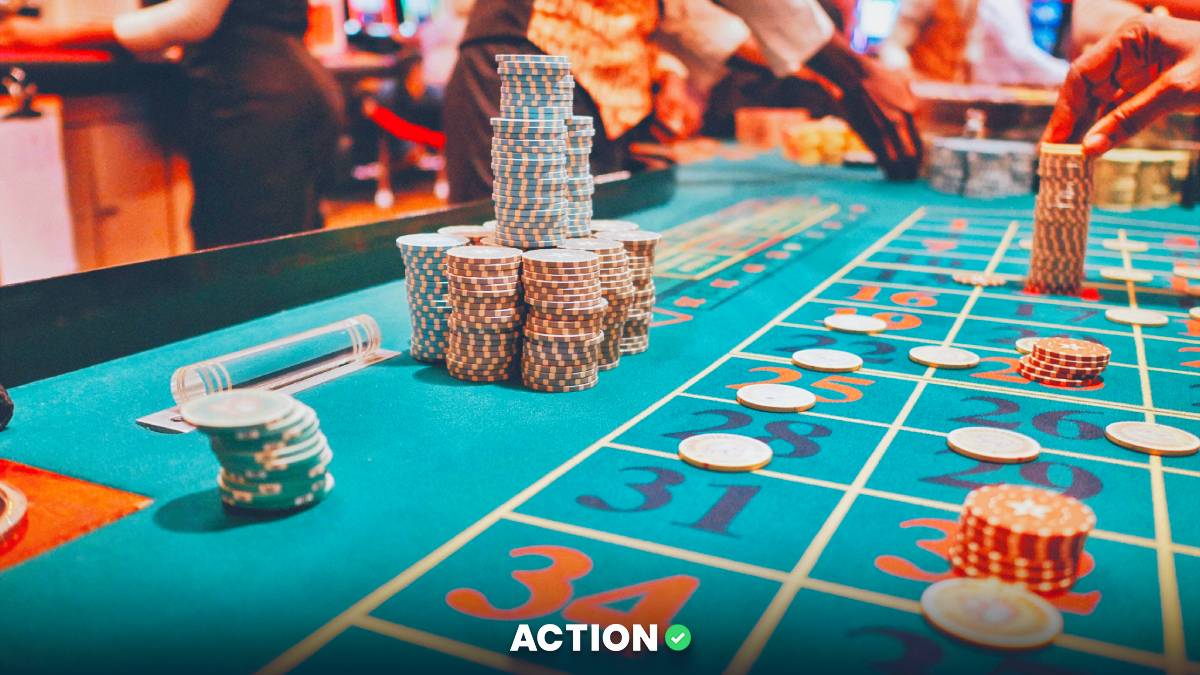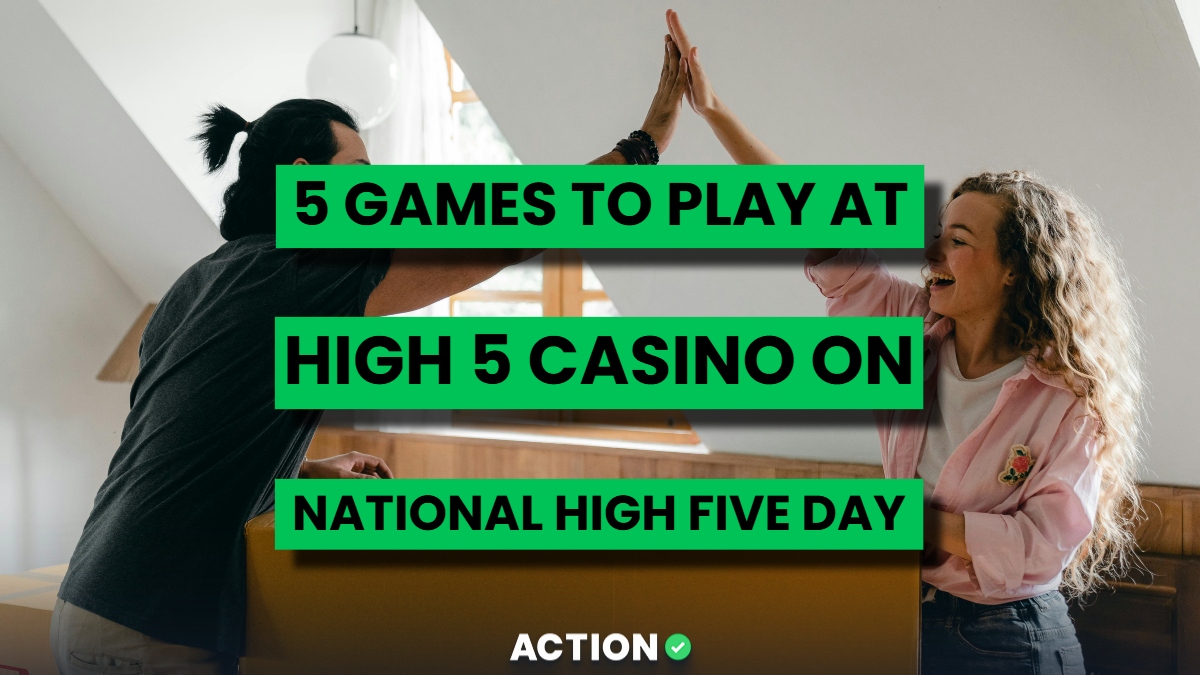Amit Patel, the former Jacksonville Jaguars employee who’s now serving time in prison for stealing some $22 million from the team, filed a civil lawsuit in federal court against FanDuel and its parent companies on Tuesday, alleging that FanDuel “preyed” on Patel “by using its information about his [gambling] addiction to target him for enticements, including well over a million dollars in FanDuel credits and lavish gifts, to ensure that he deposit money and gamble in amounts and frequencies that only an addict could ever gamble.”
At the heart of the suit, which was filed in the Southern District of New York, is Patel’s relationship with a FanDuel VIP host, who allegedly communicated with Patel “as much as 100 times every day between late 2021 and early 2023” and lavished him with trips to marquee sporting events like Miami’s F1 Grand Prix, the NCAA men’s basketball national championship game and the Masters.
According to the lawsuit, the VIP host allegedly accompanied Patel on some of these trips, introduced him to his girlfriend and acknowledged that FanDuel was “breaking AML (anti-money laundering policies) by giving refunds back to the credit card” — the one Patel used to steal money from the Jaguars.
A resident of Florida, Patel was a major customer on FanDuel’s Daily Fantasy Sports platform, and the lawsuit states that his VIP host arranged for him to compete in high-stakes DFS contests with entry fees up to $530,000. It also states that, unlike DraftKings, which imposed and enforced a $30,000 per month deposit limit on Patel, FanDuel “exceeded the deposit limits” and “at least suspected and took steps to intentionally ignore that the Plaintiff was using a corporate credit card to make frequent massive deposits.”
The lawsuit seeks $250 million in compensatory and punitive damages. When asked for comment by Action Network, a FanDuel spokesperson declined, citing a company policy on withholding comment on pending litigation.
‘Apportioning the Blame’
Patel is being represented in court by a New Jersey attorney named Matthew Litt. If that name sounds familiar, it could be because Litt is the same lawyer representing Sam A. Antar, the nephew of the late NYC-area electronics impresario and white-collar criminal “Crazy Eddie” Antar, in his ongoing — and very similar — litigation against BetMGM.
In Antar’s case, which is on appeal following an unfavorable ruling in New Jersey, Litt has stated that Antar and two VIP hosts with BetMGM’s online casino “exchanged 1,800 text messages in the course of less than nine months, including relentless financial incentives and gifts to continue gambling and in greater amounts.”
Furthermore, the appeal states that BetMGM “collected and actively monitored data on [Antar] showing that he gambled nearly $30,000,000.00 in a calendar year through a series of over 100,000 online bets.”
Litt also states in his appeal of the BetMGM ruling that “the Appellees’ relentless enticements of the Appellant to gamble when they knew he suffered and/or exhibited the signs of a problem gambler was an unconscionable commercial practice, in violation of the New Jersey Consumer Fraud Act.”
While the Patel suit uses Florida’s Deceptive and Unfair Trade Practices Act as its primary legal lever, its central argument is similar to that employed in the Antar case: “Defendants actively and intentionally targeted and preyed on Plaintiff with incentives, credits, and gifts to create, nurture, expedite, and/or exacerbate his addiction with the only possible outcome that he would ultimately hit rock bottom.”
In a phone interview with Action Network, Litt acknowledged the two cases’ similarities while pointing out what he views as a key difference.
"The biggest difference is the closeness of the relationship between Amit and his VIP host,” said Litt. “I view that relationship to be insidious in a typical situation, but here you have a situation where the host is so close to the gambler that he's going on trips with him, introducing him to his girlfriend and setting up custom DFS contests for him. He's almost acting as a matchmaker and finding him half-a-million-dollar-entry DFS contests. The relationship is just so close that it's impossible to give the addicted gambler any breathing room."
Like Patel, Antar is a convicted felon, having served prison time for defrauding friends and business associates to cover his gambling debts. And during his sentencing in March of 2024, Patel expressed remorse for his actions, telling the court, “I see my detection in this offense as an act of providence. So, as I think about it, I’m glad that I got caught. Although I have much trust to restore in the community, I now see the situation as a way to help as many others as I can who have addictions and problems with gambling. I realize that because if it happened to me, it can happen to anybody."
When asked whether it’s difficult to portray such individuals as victims in court, Litt replied, “I don't look at it as trying to portray him as a victim. I look at it as apportioning the blame among all the people who bear responsibility. At this point, Amit is carrying it exclusively and FanDuel is taking none."
A Pre-Trial Connection
When he worked for the team, Patel was the administrator of the Jaguars’ virtual credit card (VCC) program. According to Sports Handle, in November 2022, Patel made $5.6 million in fraudulent transactions, an amount that normally would have exceeded the cap of the VCC program.
But following a request with a bank that financed the program, Patel managed to get the limit increased by nearly $3 million to $7.5 million. He eventually became the sole administrator of the VCC program, escaping detection from the NFL franchise.
In an interview with federal investigators, Patel admitted to “artificially inflating” legitimate expenses and generating fictitious but “realistic-sounding expenses” as part of his scheme. All told, he made hundreds of transactions — totaling approximately $22.2 million over four years — without any legitimate business purpose and was ultimately sentenced to 6.5 years in prison for felony wire fraud and illegal monetary transactions.
Before standing trial, however, Patel reached out to Les Bernal, the national director of the Massachusetts-based organization Stop Predatory Gambling, who put him in touch with Litt.
“I said I'd help him any way I could. Patel was treated like roadkill by the prosecutors and the gambling industry and the NFL itself,” Bernal told Action Network. “The business model for FanDuel, which the NFL is a partner with, is based upon guys like Patel. It's based upon addiction.”
FanDuel declined a request to respond to Bernal’s characterization of its business.
In July, the Jaguars filed a $66.6 million lawsuit against Patel in federal court, and at one point the team reportedly tried to compel FanDuel to repay the $20 million in stolen proceeds that Patel had lost on its DFS site.
Additional reporting by Matt Rybaltowski




















































